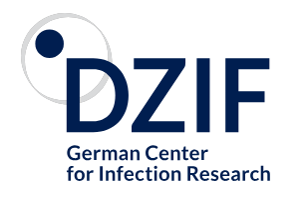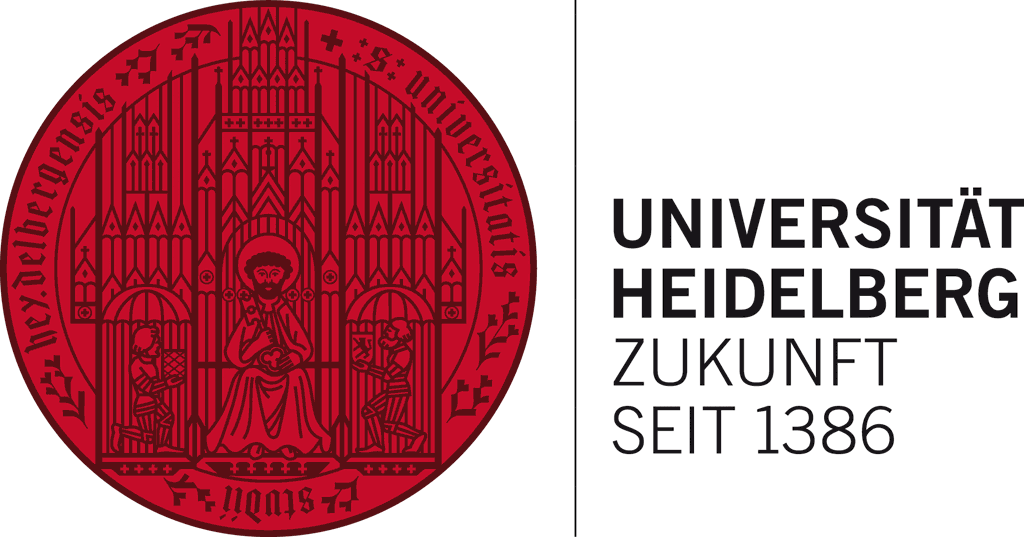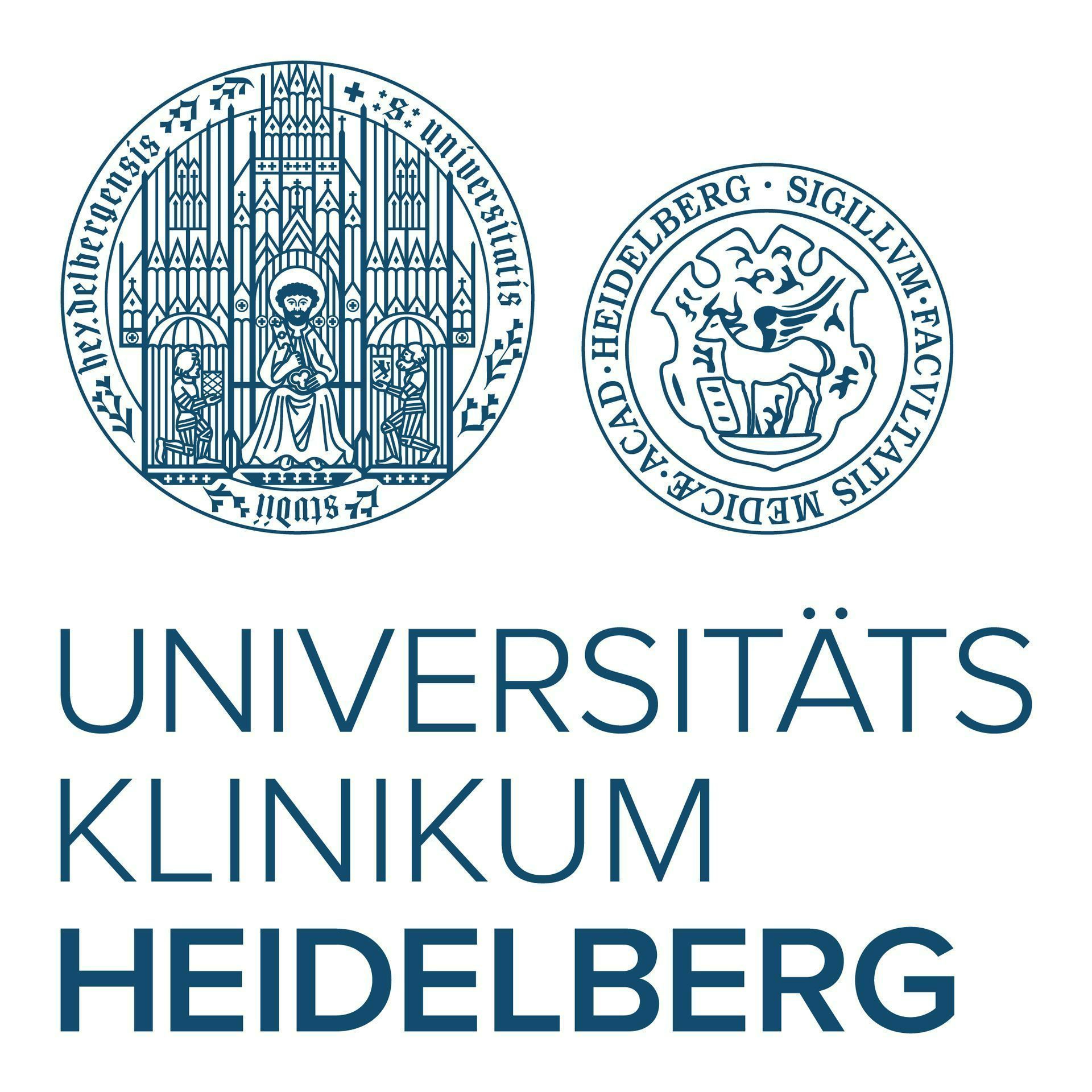TTU 03.813
"Development of genetically modified malaria parasites"
Short Summary
Goal of the project is to generate new types of genetically modified malariaparasites to better understand the human immune response to a natural infectionby Plasmodium falciparum, the deadliest human-infecting malaria parasite. Theseparasites are generated to grow at slower than wild type parasites in thedisease causing blood stages, but to retain their full transmissibility throughmosquitoes. The ultimate goal is to develop these attenuated parasites furtherfor vaccinations. To achieve these ambitious goals, the first generation ofthese „blood stage attenuated mosquito transmittable parasites” will begenerated using the rodent infecting model parasite Plasmodium berghei. Thisparasite species has always been used prior to human parasites for proof ofconcept studies such as in irradiated parasites in the late 1960s and ingenetically attenuated liver stage attenuated parasites since 2005. Slow growthin the blood stage can lead to complete control of the parasite population bythe immune system, which is then primed to target a second infection. We willscreen a number of parasite lines (so far >20 have been screened) with genesdeleted that were predicted to be involved in blood stage growth. Two parasitelines have been found to confer the necessary phenotype of slow blood growthleading to control of parasite populations by the immune system and completemosquito transmissibility. In parallel we are building up a screening capacity for P. falciparum and P. knowlesi, a zoonotic human-infecting parasite.
Highlights
- Establishment of a CRISPR/Cas9 based screening system for P. falciparum
DZIF Partner Site Heidelberg


Contact Info
Phone: ( 49) 6221 - 56 310787
dzif.heidelberg@med.uni-heidelberg.de
Department of Infectious Diseases
In Neuenheimer Feld 344
69120 Heidelberg, Germany






